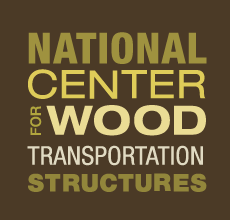Researchers
Alice Alipour
alipour@iastate.edu email >Structure and Infrastructure Engineer, BEC
About the research
Accelerated bridge construction (ABC) techniques are rapidly gaining acceptance as an alternative to conventional construction methods to reduce construction duration and minimize the impact of closures at the network level. There are different types of ABC, and each technique has its limitations and its own speed of completion. The choice of using ABC depends on a host of different factors, including the availability of capital funds for its implementation, its impact on the traveling public, and socio-economic considerations. While many states have implemented a multitude of different ABC techniques, the decision making process for choosing ABC over conventional construction, the costs of ABC, the type of ABC techniques used, and the associated timelines and incentives for faster completion are not clear.
This report aims to address this lack of clarity through a review of the available literature and interviews with a few states that have implemented ABC at different levels. It appears that the major factors impacting the timelines for ABC projects are the impacts the closures might have on the socio-economic aspects of the community. While most states acknowledge the importance of indirect costs, there is no mathematical formulation to account for these costs in the final decision making process. Most decisions are made based on qualitative input from the districts and discussions with the public. For the establishment of incentives, a procedure similar to that followed for conventional construction and that follows the Federal Highway Administration (FHWA) guidelines is suggested by most of the states.
